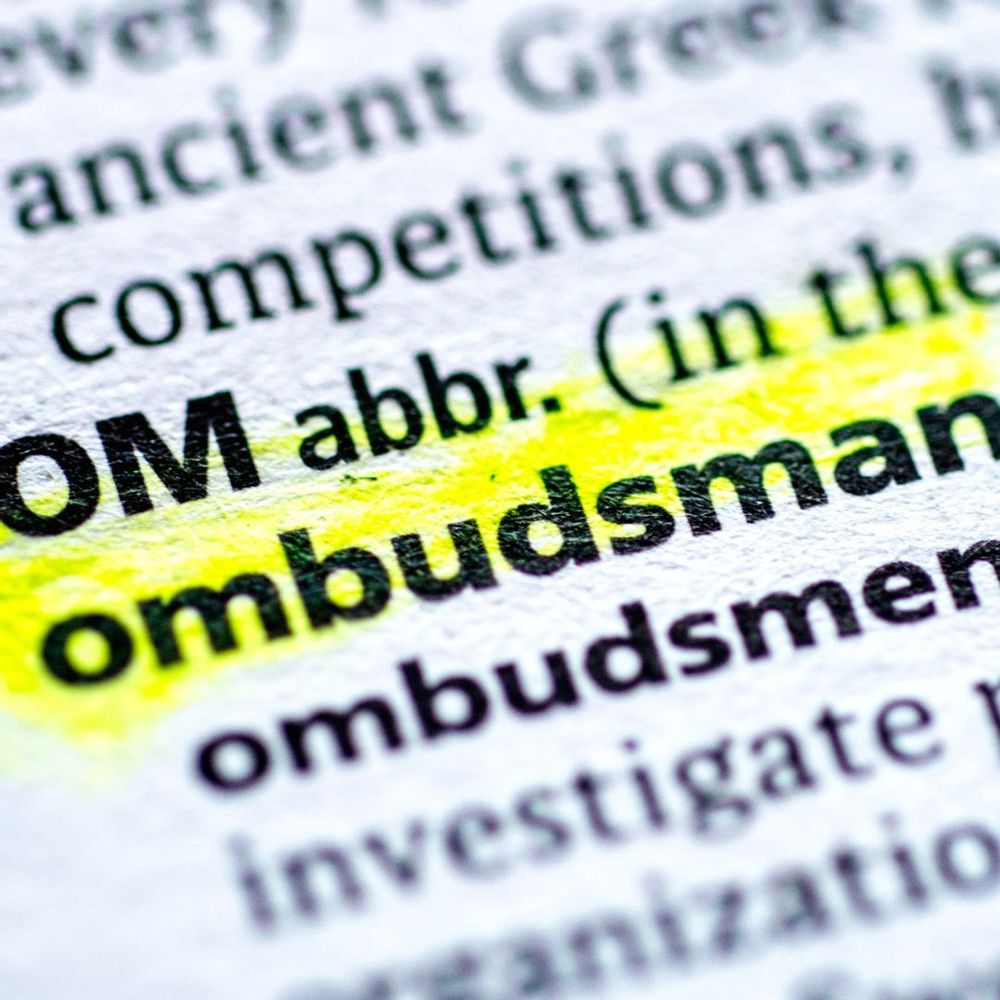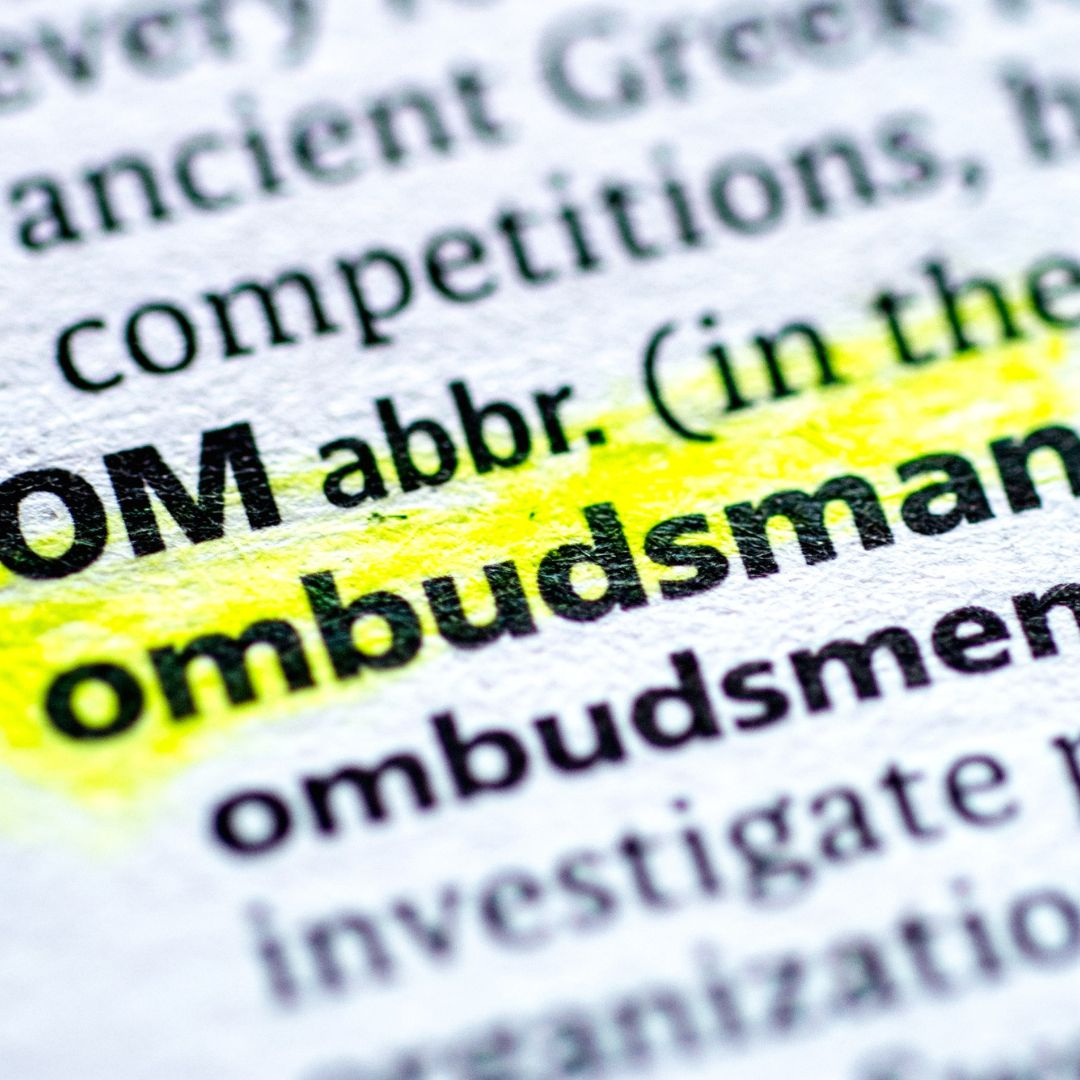South Africa’s property landscape has changed dramatically over the past two decades. With rapid growth in sectional title schemes, estates, retirement villages, gated communities, and homeowners’ associations, millions of residents now live under shared governance structures — often guided by complex rules, levies, penalties, and dispute processes.
Enter the CSOS, or Community Schemes Ombud Service.
Established through the Community Schemes Ombud Service Act (2011) and launched nationally in 2016, the CSOS is a government-backed regulatory body designed to protect residents, regulate community schemes, and resolve disputes fairly and affordably.
Which Community Schemes Does CSOS Cover?
The CSOS applies to any shared residential community, including:
-
Sectional title complexes
-
Estates and gated communities
-
Homeowners’ associations (HOAs)
-
Share-block schemes
-
Retirement developments
-
Communal housing co-operatives
-
Housing schemes for employees
If you pay levies, follow conduct rules, or live in shared common property, you likely fall under CSOS.
The Core Functions of the CSOS
According to the Act, the CSOS was created to:
1. Regulate and Monitor Community Schemes
CSOS ensures scheme rules:
-
follow the law,
-
respect constitutional rights, and
-
are not discriminatory or unreasonable.
2. Provide a Low-Cost Dispute Resolution Service
Instead of expensive legal battles, residents can lodge disputes directly with CSOS.
3. Approve and Register Scheme Rules
All conduct and management rules must be:
-
filed with CSOS
-
checked for legality
-
approved before enforcement
4. Promote Governance Training
Trustees and directors can access training on:
-
fiduciary duties
-
conflict management
-
lawful enforcement
5. Ensure Transparency & Accountability
Bodies corporate must submit:
-
audited financials
-
governance documentation
-
annual returns
Why Was the CSOS Created?
Before 2016, residents had only two choices:
-
expensive private arbitration, or
-
lengthy court processes.
This created:
-
inconsistent rulings,
-
power abuses in schemes,
-
unfair fines and practices.
The CSOS addresses this by offering:
-
affordable access to justice,
-
standardised adjudication,
-
constitutional oversight.
Common Disputes Handled by CSOS
The CSOS adjudicates disputes around:
Financial issues
-
levy disputes
-
unauthorised charges
-
budgeting irregularities
Behavioural issues
-
noise complaints
-
nuisance
-
harassment
Governance
-
unfair rules
-
trustee misconduct
-
improper elections
Maintenance
-
common property repairs
-
access for maintenance work
Use of property
-
parking rights
-
short-term rentals
-
pet policies
How the CSOS Is Funded
Funding is collected through:
-
community scheme levies (for schemes above a threshold), and
-
adjudication/admin fees.
It is regulated through the Department of Human Settlements.
What Is an Adjudicator?
Adjudicators are legally trained professionals empowered to:
-
enforce rules,
-
overturn unreasonable rules,
-
impose fines or penalties,
-
order repairs,
-
compel conduct.
Their rulings carry the same enforceability as Magistrates’ Court orders.
How to Lodge a Dispute
Residents can lodge disputes with:
-
documentary evidence,
-
complaints forms,
-
proof of attempts to resolve internally.
Applications can be submitted:
-
online,
-
via email,
-
at regional CSOS offices.
Recent High-Profile Directives
The CSOS has recently clarified rules on:
-
cannabis use in private,
-
cultural animal slaughter,
-
restrictions on short-term rentals,
-
domestic worker rights,
-
unreasonable conduct rules,
-
monopolised agent requirements,
-
illegal vehicle towing.
This ensures community scheme rules remain fair, constitutional, and non-discriminatory.
Who Must Register With CSOS?
All community schemes in South Africa are legally required to register, including smaller developments. This ensures accountability and record-keeping.


